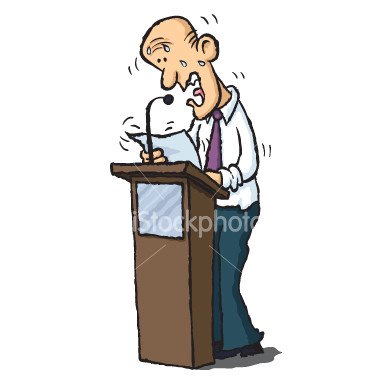10 Steps to Finding a Book Publisher
By Laura J. Thompson
This is the elusive question to which all writers want to know the answer: How do I find a publisher? Some will say that you have to find an agent or that you must know influential people in the publishing industry, but that really isn't true. What you need are:
- A marketable manuscript;
- The desire to see your book in print;
- Enough time to properly market your manuscript; and
- Sufficient drive to keep you going during the low points.
1. Write Your Book
Editors are interested in products rather than concepts, so don't approach a publishing house unless you have a manuscript to sell. New writers have a hard time breaking into the publishing industry because they don't realize how much work it actually takes to create a manuscript. So before you find a book publisher, write the thing!
2. Define Your Audience
Who will be most likely to pick your book up from a bookstore shelf? Your audience is the key to finding a book publisher because, without an audience, your book isn't worth anything. For a non-fiction book, the audience will be determined by subject; for a fiction manuscript, you'll need to go by genre.
3. Research the Market
Finding a book publisher isn't like finding the right nail salon or a garden store. You can't just start calling publishing houses and hope they have what you need in stock. Instead, pick up a copy of Writer's Market and start searching for publishers that might be interested in your book. Factors that might influence this include:
- Previously published material that matches yours;
- Requests for manuscripts in your subject or genre;
- A desire to publish work by previously unpublished authors; and
- Manuscript guidelines that closely fit your own.
If you are friends or acquaintances or colleagues with someone who has had a book published, go ahead and call them. Don't ask for a reference-that would be intrusive-but do ask for advice on publishers and markets. See if they have any specific recommendations; if not, you didn't lose anything by asking.
5. Prepare Your Manuscript
The next step in finding a book publisher is to prepare your manuscript for shipping. Make sure that it follows the submission guidelines set forth by the publisher, and refer to my article on Manuscript Format for more detailed information.
6. Submit Your Package
Once you've prepared your manuscript and a list of potential publishers, it's time to send it off! Make sure that you include adequate postage as well as SASE (self-addressed stamped envelope). You should also address the package to an individual editor and make sure you include everything that the publisher requests.
7. Start on Your Next Project
The waiting game always takes awhile-sometimes up to six months-so you'll need something with which to occupy your time. The best way to curb the waiting jitters is to start on your next book while waiting on replies from potential publishers. This will give you a sense of continuing accomplishment even if you start to receive rejection letters.
8. Follow Advice
If you receive a rejection letter from a publisher, take any advice they give to heart. Some (small) publishers will take the time to give you a reason for their rejection. For example, if they say that your dialogue is too stilted or unrealistic, go back through your manuscript and work on improving dialogue.
9. Hire an Editor
If you get several rejection letters in a row, there might be something wrong with your manuscript. Perhaps your grammar isn't up to par or maybe your characterization is weak. Whatever the case, you aren't the best person to make an objective assessment, so you might want to hire a freelance editor. He or she can direct you toward your pitfalls and help you strengthen your writing.
10. Don't Give Up
Just because you aren't going to be published tomorrow doesn't mean you won't find a book publisher eventually. Keep improving your writing, editing your manuscript and submitting to new publishers. You can do it!
Laura J. Thompson is a professional editor, ghostwriter and Author Coach. She provides these services at competitive prices for both businesses and individuals all across the United States. You can learn more about her services by visiting her website (http://www.editingbylaura.com) or by reading more of her articles. She specializes in fiction ghostwriting and editing, though she also enjoys self-help and other non-fiction articles and books.
Article Source: http://EzineArticles.com/?expert=LauraJ.Thompson
http://EzineArticles.com/?10-Steps-to-Finding-a-Book-Publisher&id=523485

No comments:
Post a Comment